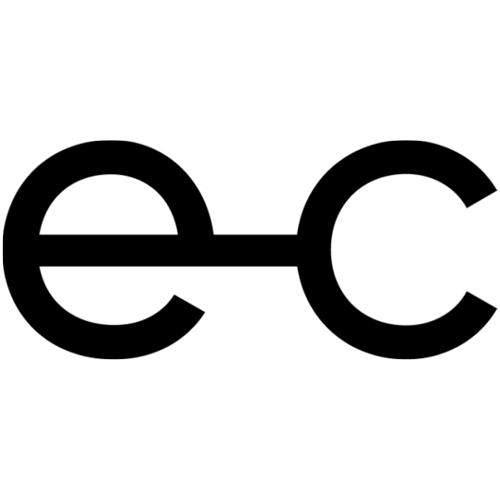Age-related maculaR degeneration
What is Aged-related Macular Degeneration?
Macular degeneration is a disease that affects the retina and affects the central vision. The central vision allows us to drive a car, read, recognise people, see colours clearly and perform any other activity that requires fine detail vision.
The retina is the layer at the back of the eye that helps us to see the world around us, macular degeneration causes changes in central vision, and so, images that were once clear, may appear blurred. Later dark spots may appear and enlarge. Straight lines may become distorted or curved. Colours may appear less vivid or darker.
Macular degeneration is an age related condition. 1 in 7 Australians over the age of 50 show some level of macular degeneration. It is a health issue that should not be considered a normal part of ageing and should not be ignored as it can lead to vision loss. Macular degeneration is the leading cause of legal blindness and major vision loss in Australia. Macular degeneration does not cause complete total / black blindness but can seriously impair the eyesight. This can make everyday living a difficult challenge if not addressed.
What are common macular degeneration symptoms?
Macular degeneration affects the cells in the retina that are responsible for central vision and colour vision. With this in mind, it should be no surprise, which the most common signs of macular degeneration are blurring of the central vision, and therefore difficulty in seeing fine details. The symptoms and early warning signs of macular degeneration can sometimes go unnoticed for some time.
Macular degeneration can cause vision issues that materialise very slowly and gradually. These problems may often go dismissed, so, pay attention to any difficulties experienced through everyday tasks, like reading a book or threading a needle… When you look ahead of you, you may notice things like doorframes or telephone poles appear slightly wavy, distorted.
Macular degeneration is not usually felt physically, by way of pain, pressure or irritation; the symptoms of macular degeneration are always visual.
What is used for macular degeneration treatment?
There are two types of macular degenerations – dry macular degeneration, and wet macular degeneration.
There is no direct dry macular degeneration treatment to date, but there are ways to reduce ongoing problems. Smoking is a significant risk factor for macular degeneration, so if you are a smoker, quitting smoking is one of the most important things you can do to help prevent the development of or progression of your macular degeneration.
The dry form of macular degeneration affects the central retina only, and therefore, the surrounding retina is healthy. The main treatment is the use of prescription glasses, with some form of magnification to enlarge the image on to the healthy, surrounding retina. There are a range of devices to help with near visual tasks such as reading and writing; these include strong reading glasses, magnifying glasses and various electronic aids. Many people find using an iPad or kindle with enlarged text, very useful for reading and working. Using extra lighting will also aid your vision.
The treatment for wet macular degeneration is intravitreal eye injections; dry macular degeneration cannot be treated with injections. Wet macular degeneration injections help to eliminate the abnormal blood vessel growth factors in the eye. The drugs contain proteins that work across the retina and help reduce the swelling and bleeding of the blood vessels in the eye. Intravitreal injections are performed by an ophthalmologist.
What are the ways to prevent macular degeneration?
Avoiding cigarettes / tobacco
Sunglasses / hats - UV protection for the eyes.
A healthy balanced diet. The antioxidant vitamins in fruits and vegetables contribute to eye health. Kale, spinach, broccoli, peas and other vegetables have high levels of antioxidants, including lutein and zeaxanthin, which may benefit people with macular degeneration.
Amsler grid - These can be found online. Great way to test the eyesight for any problems.
